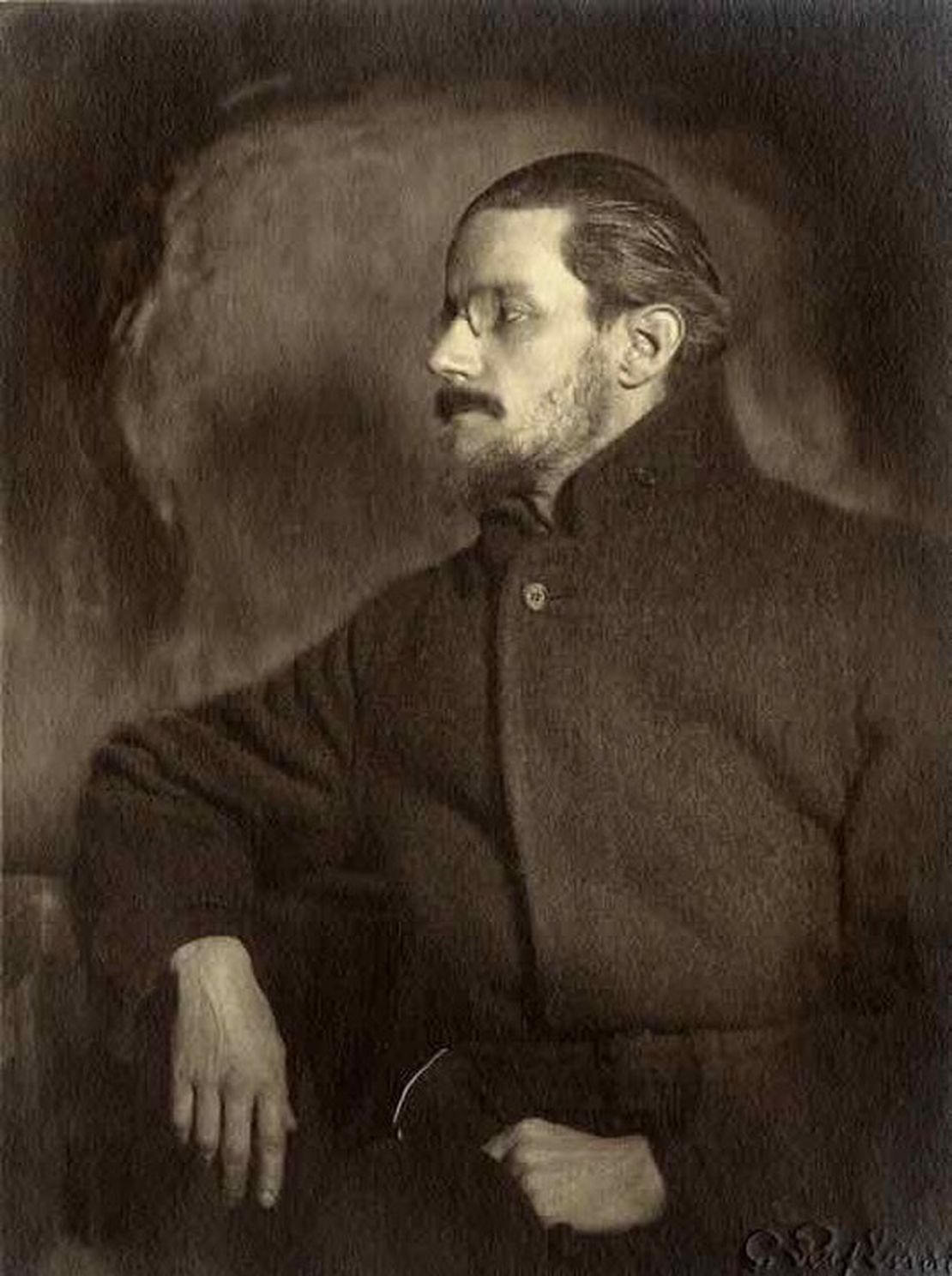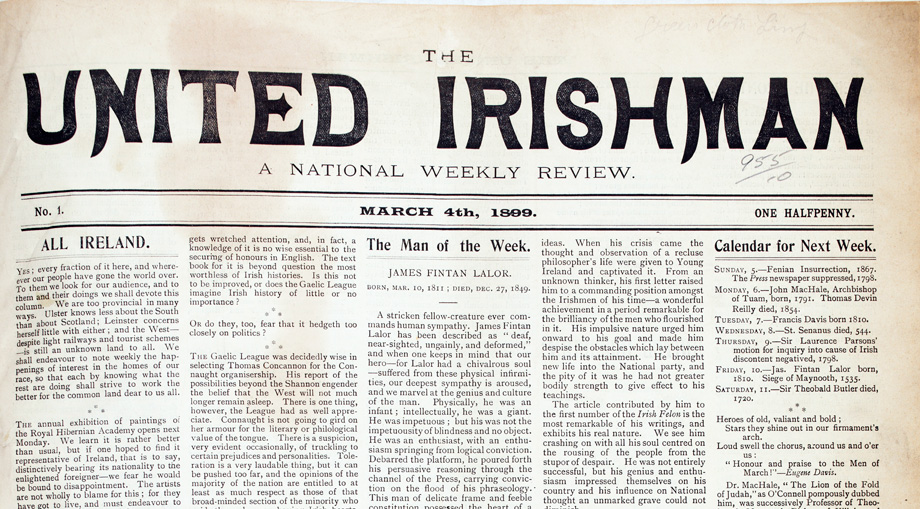- February 2, 1882
James Augustine Aloysius Joyce (February 02, 1882 – January 13, 1941) was an Irish novelist, short story writer, poet, teacher, and literary critic. He is considered one of the most influential and innovative writers of the 20th century. Joyce is best known for his groundbreaking work, “Ulysses” (1922), which employs a stream-of-consciousness technique to depict the events of a single day in Dublin, June 16, 1904. This day is now celebrated as Bloomsday in honor of Joyce and his novel.
Joyce’s other notable works include “Dubliners” (1914), a collection of short stories that portray the life of Dublin’s middle class at the beginning of the 20th century; “A Portrait of the Artist as a Young Man” (1916), a semi-autobiographical novel that charts the early life and development of his alter ego, Stephen Dedalus; and “Finnegans Wake” (1939), his last work, which is famous for its complex narrative structure and dense, pun-laden language.
Dublin Born and Raised
Joyce was born in Dublin into a middle-class family on February 02, 1882. He attended the Jesuit Clongowes Wood College in County Kildare, then, briefly, the Christian Brothers–run O’Connell School.
Despite the chaotic family life imposed by his father’s unpredictable finances, he excelled at the Jesuit Belvedere College and graduated from University College Dublin in 1902. In 1904, he met his future wife, Nora Barnacle, and they moved to mainland Europe. He briefly worked in Pula and then moved to Trieste in Austria-Hungary, working as an English instructor. Except for an eight-month stay in Rome working as a correspondence clerk and three visits to Dublin, Joyce resided there until 1915.
Joyce’s writing is characterized by its innovative use of language, exploration of new literary forms, and deep insight into the consciousness of his characters. His work has had a profound influence on countless writers and continues to be studied and admired for its artistic complexity and linguistic creativity.
Although most of his adult life was spent outside the country, Joyces Irish experiences are essential to his writings and provide all of the settings for his fiction and much of their subject matter. His fictional universe is firmly rooted in Dublin and reflects his family life and the events and friends (and enemies) from his school and college days. Due to this, he became both one of the most cosmopolitan and one of the most local of all the great English language modernists.

 ← First issue of United Ireland, Parnellite weekly
← First issue of United Ireland, Parnellite weekly
 Battle of the Braes in which crofters in Skye fought 50 policemen during a dispute over land rights →
Battle of the Braes in which crofters in Skye fought 50 policemen during a dispute over land rights →